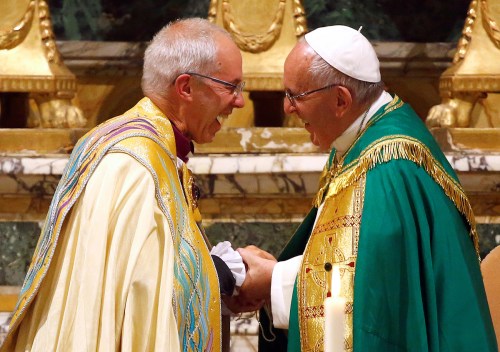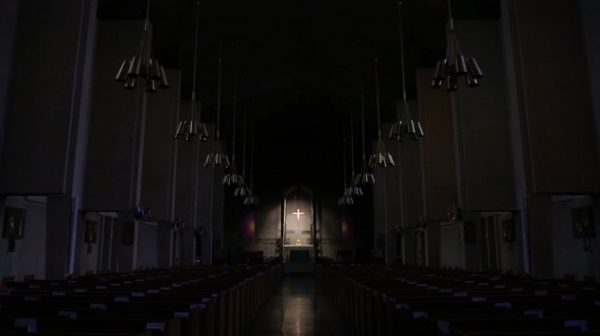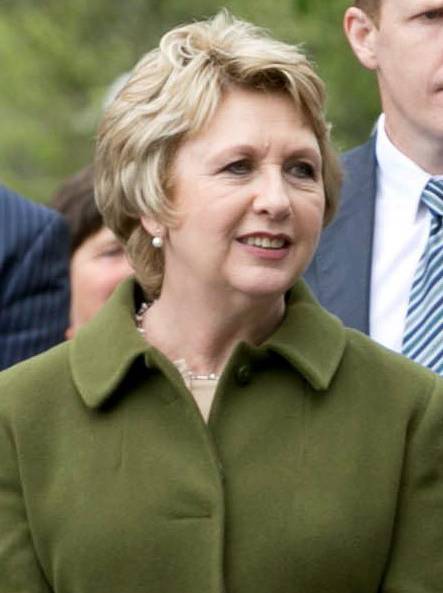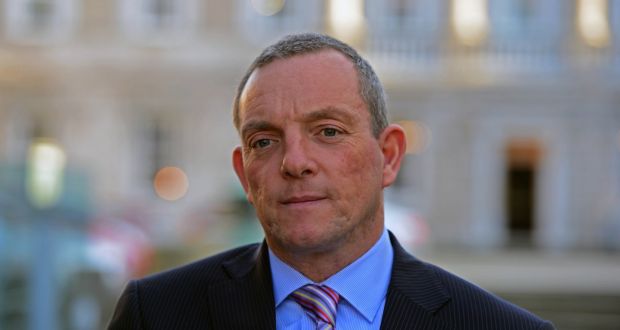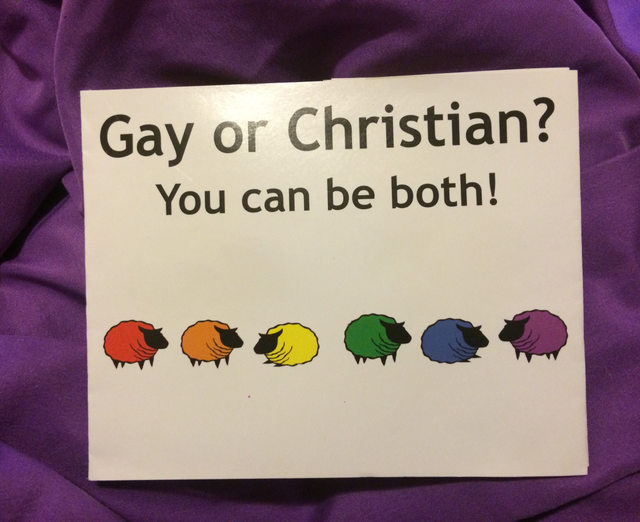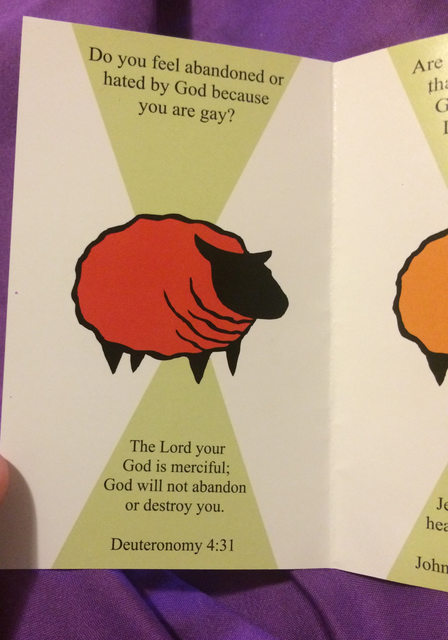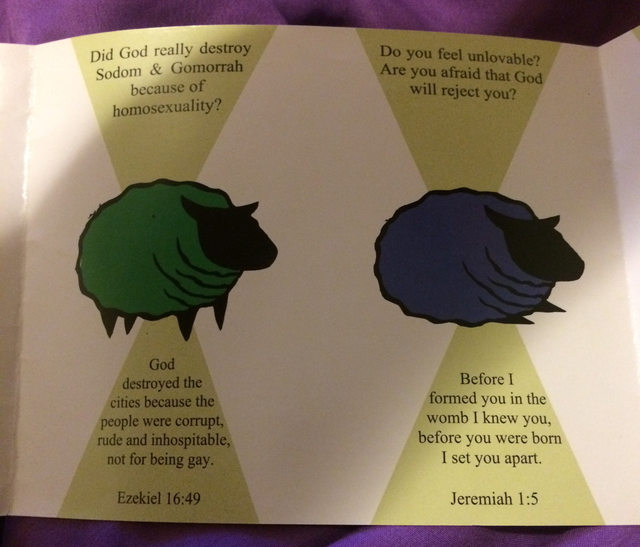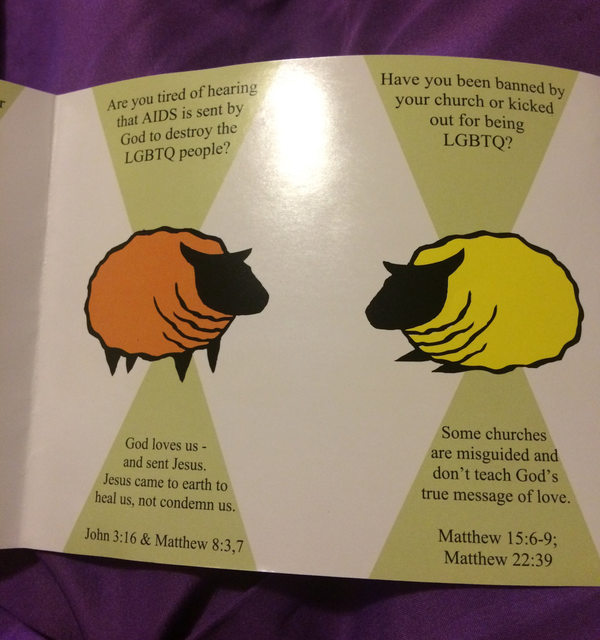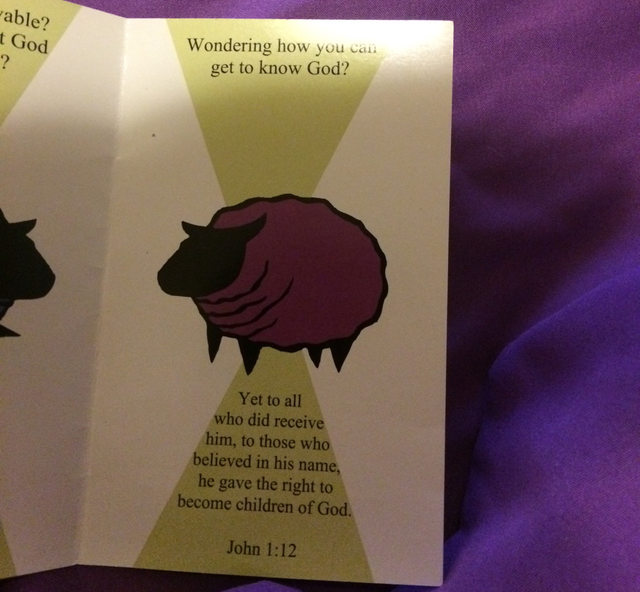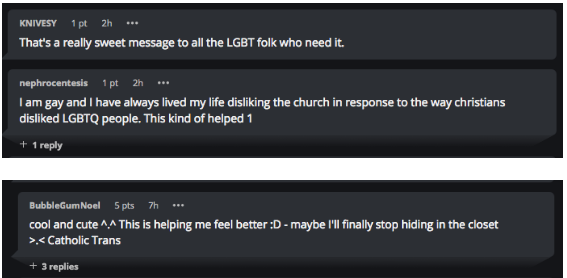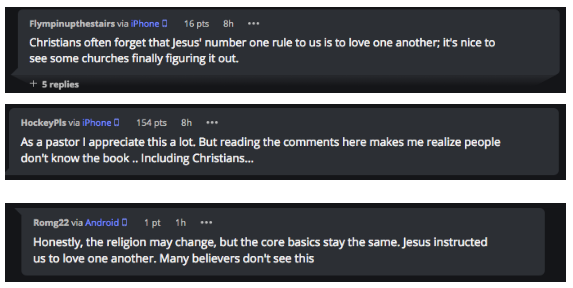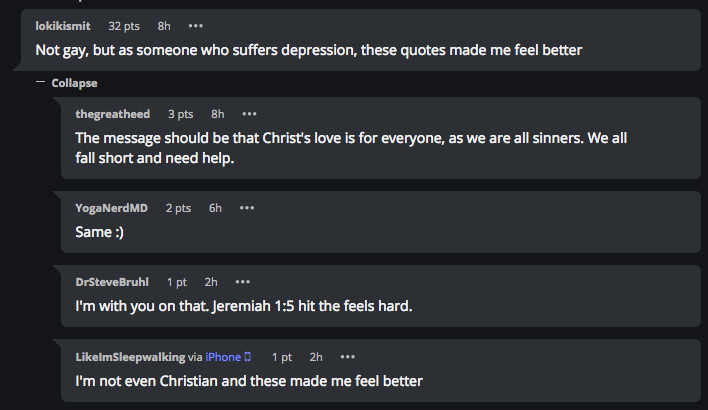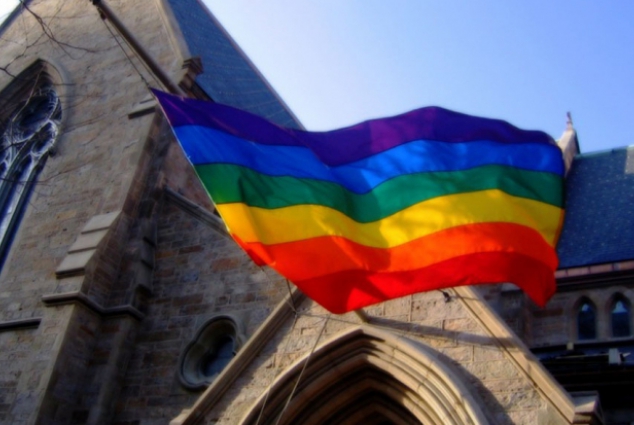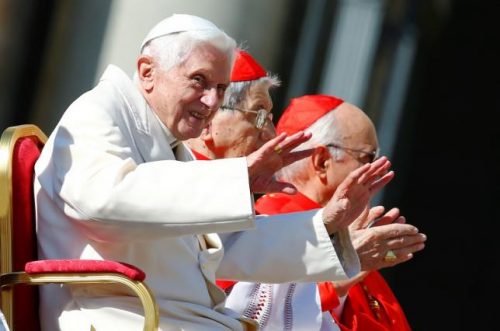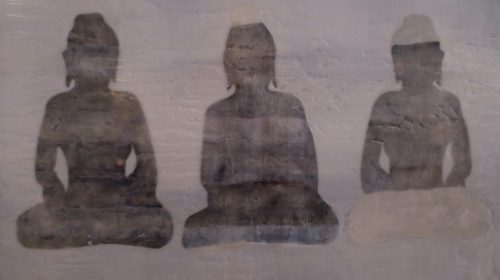By refusing the ordination of women and gay priests, Francis is limiting his own legacy despite his declaration that ‘God is not afraid of new things’
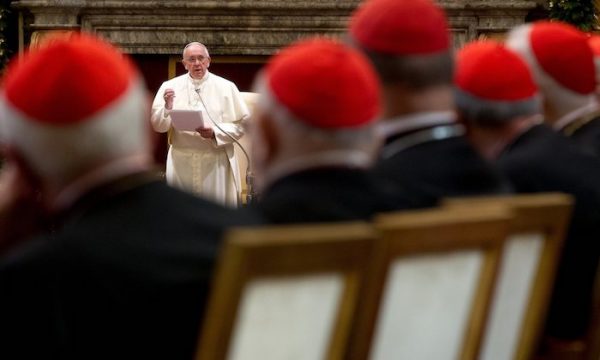
By
There’s a deep struggle going on in the Catholic church when it comes to power and who exercises it.
Pope Francis has shaken things up, and he has some of the bishops and cardinals mightily unnerved. The Vatican bureaucrats, known as the Curia, are unhappy with this pope.
On matters of faith and morals, Francis is mostly winning so far.
Francis is comfortable with “speaking truth to external power”: demanding governments pay attention to refugees and asylum seekers, to growing economic inequality, and to climate change.
Francis is also at ease with a less-than-certain church, particularly when it comes to questions of human relationships and moral prescriptions. Unlike his predecessor, the current pope is insistent that issues like birth control, divorce and remarriage are not black and white issues.
Earlier this year Francis released a document Amoris Laetitia, (On Love in the Family), in which the pope encouraged Catholic priests to confront the reality that human lives are messy and complex. He asserted that complicated moral issues that arise in human relationships must be responded to not with hard and fast rules, but rather by making conscientious decisions in the sight of God.
As Francis put it, the church is there to form consciences, not replace them.
This approach hasn’t sat well with some. Four cardinals recently sent Pope Francis a letter demanding yes or no answers to five questions they say he has left unanswered in Amoris Laetitia.
It’s unlikely Francis will give them the certainty they want. He wants them to get used to uncertainty, and discern the right approach in these modern times.
However, there is one area where Francis is ceding ground to the cardinals and the Curia: ordination.
Ordination equals power inside the Catholic church. Only the ordained can contribute to theology, form church teaching and set church rules. Only the ordained can control the money and the property. Only the ordained can respond to issues like the child sexual abuse crisis. Only the ordained can choose new bishops and cardinals. Only the ordained can administer the sacraments. Only the ordained can vote for the next pope.
On ordination, the Curia are pulling the pope’s puppet strings.
Case in point: gay priests.
Just a few years ago, during a “free-wheeling” conversation with reporters on a flight back from Brazil, Pope Francis was asked about gay clergy. Here was his response:
There is so much being written about the gay lobby. I haven’t met anyone in the Vatican yet who has “gay” written on their identity cards. There is a distinction between being gay, being this way inclined and lobbying. Lobbies are not good. If a gay person is in eager search of God, who am I to judge them? The Catholic Church teaches that gay people should not be discriminated against; they should be made to feel welcome.
That was 2013. Last week the Vatican’s Congregation on the Clergy last week released a document titled The Gift of Priestly Formation:
The Church, while profoundly respecting the persons in question, cannot admit to the seminary or holy orders those who practise homosexuality, present deep-seated homosexual tendencies or support the so-called ‘gay culture.’ Such persons, in fact, find themselves in a situation that gravely hinders them from relating correctly to men and women. One must in no way overlook the negative consequences that can derive from the ordination of persons with deep-seated homosexual tendencies.
It seems the Curia decided that gay priests needed to be judged, after all.
In fact, the prohibition against homosexual men receiving ordination as cited above first appeared in 2005. The fact that this paragraph re-appeared, word for word, in 2016 seems to indicate that the Curia felt it necessary to clarify that the pope’s words – “who am I to judge” – in no way replace or modify formal church teaching when it comes to homosexual priests.
This new document last week follows last month’s declaration by Francis that women will never be ordained as Catholic priests.
Francis’ pronouncement on women priests didn’t come out of the blue. It was a sop to the Curia and those bishops and cardinals alarmed by the pope’s promise earlier in the year to review the question of whether women can be ordained as deacons.
Many assume that if women were granted ordination as Catholic deacons, ordination as priests would inevitably follow.
The Curia has for many years hoped a pope would declare the ban on women’s ordination as infallibly held – the highest, most solemn form of church teaching and most difficult to overturn. Pope John Paul II came close to doing so in 1995, and Francis’ statement this year, while not infallibly issued, made clear there would be no room in his papacy to move toward the priestly ordination of women.
Francis is fond of saying that “God is not afraid of new things.” But when it comes to ordination, Francis seems afraid of the Curia, and the Curia in turn seems afraid of women priests, married priests and gay priests.
This is the fatal flaw in Francis’ approach: by not speaking truth to internal power, by refusing to contemplate how ordination could be expanded, Francis is limiting his own legacy.
Unless Francis expands and changes who makes decisions and how decisions are made in the Catholic church, his papacy will risk changing nothing in the long run.
All his emphasis on the poor, the dispossessed and the climate will end up being just that – emphasis only. All his commentary about facing uncertainty and complexity of modern life will be just that – commentary.
Francis said he imagined his papacy will be short, maybe only four or five years.
Once Francis leaves the papacy who will hold the power? Who will make the black and white rules? The all-male priesthood, the traditionalist cardinals and the Curia, no longer unnerved, and back in charge.
Complete Article HERE!


